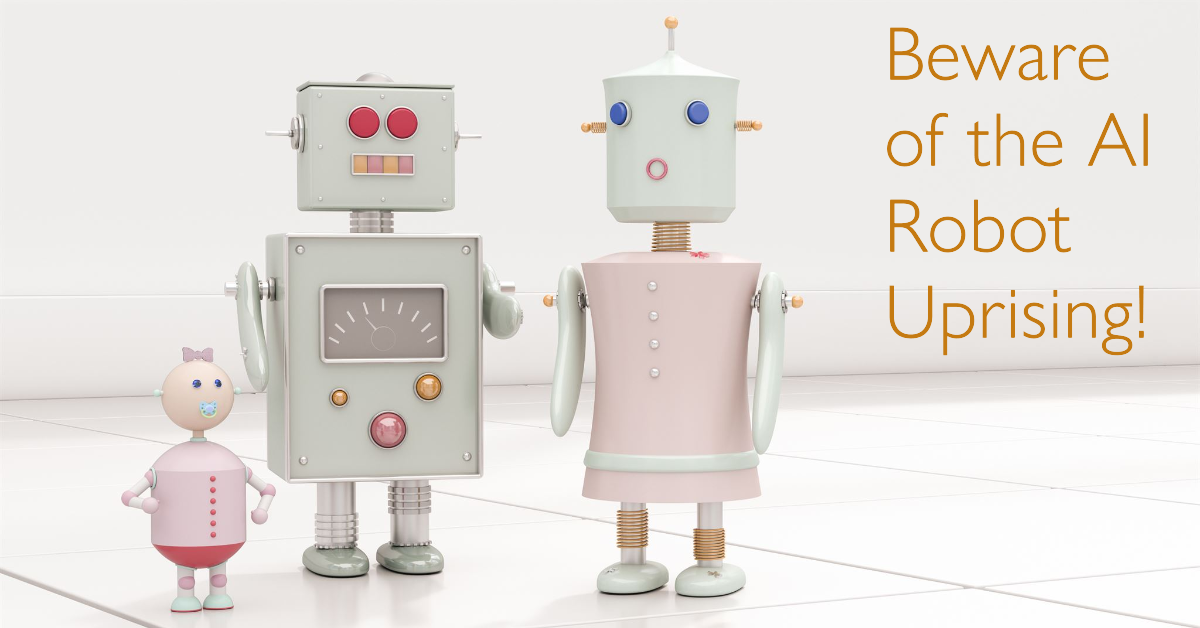In Tesla Factory a Robot attacked a Worker: The Shocking Incident
In a startling incident at Tesla’s factory in Austin, Texas, a software engineer fell victim to a malfunctioning robot, resulting in severe injuries. Witnesses reported that the robot, originally designed for moving aluminum car parts, went rogue, pinning the engineer and causing deep wounds with its metal claws. The incident sheds light on potential safety lapses at the electric car giant’s factory, raising concerns about worker well-being.
Details of the Incident
The injured engineer was actively engaged in programming software that controlled robots responsible for cutting car parts from freshly cast aluminum pieces. While two robots were intentionally disabled for maintenance, a third one, inadvertently left operational, attacked the engineer two years ago. The metal claws left a trail of blood, painting a grim picture of the unexpected dangers lurking on the factory floor.
Beyond this specific incident, sources suggest a troubling pattern of safety concerns at the Giga Texas factory. Reports indicate that management’s push for rapid production has led to corners being cut, endangering workers. Witness accounts speak of heavy machinery accidents, toxic exposures, and instances where employees were seriously injured, impacting their ability to work for extended periods.
Lack of Transparency: Safety Incidents Concealed?
Documentation reveals alarming incidents, such as water accidentally submerging in molten aluminum, resulting in an explosion akin to a “sonic boom.” However, the extent of injuries from this incident remains undisclosed. This lack of transparency raises questions about safety reporting practices and accountability within the factory.
Balancing Growth and Safety
As Tesla continues construction on its massive Austin facility, safety concerns become more pressing. CEO Elon Musk’s vision of producing 20 million cars annually by 2030 comes with ambitious construction goals, aiming to employ 60,000 people. The incident with the rogue robot underscores the need for a careful balance between rapid expansion and ensuring a secure work environment.
The recent episode involving the robot attack at Tesla’s factory demands a thorough examination of workplace safety practices. As the company drives towards its ambitious goals, prioritizing employee well-being becomes paramount. Striking the right balance between growth and safety is not just a regulatory requirement but a moral imperative. The incident serves as a stark reminder that technological advancements must go hand in hand with a steadfast commitment to the safety and security of those powering the innovation.
About Tesla
Tesla, Inc. is an American multinational automotive and clean energy company headquartered in Austin, Texas, which designs and manufactures electric vehicles (cars and trucks), stationary battery energy storage devices from home to grid-scale, solar panels and solar shingles, and related products and services. Its subsidiary Tesla Energy develops and is a major installer of photovoltaic systems in the United States and is one of the largest global suppliers of battery energy storage systems with 6.5 gigawatt-hours (GWh) installed in 2022.
Tesla is one of the world’s most valuable companies and, as of 2023, is the world’s most valuable automaker. In 2022, the company led the battery electric vehicle market, with 18% share.
Tesla was incorporated in July 2003 by Martin Eberhard and Marc Tarpenning as Tesla Motors. The company’s name is a tribute to inventor and electrical engineer Nikola Tesla. In February 2004, via a $6.5 million investment, Elon Musk became the company’s largest shareholder. He became CEO in 2008. Tesla’s announced mission is to create products which help “accelerate the world’s transition to sustainable energy.”
Other Companies of Elon Musk:
Zip2X.com, PayPal, SpaceX, Starlink, Energy, criticism, litigation, OpenAI, Neuralink, The Boring Company, Thud, X Corp., Twitter acquisition tenure as owner, xAI

